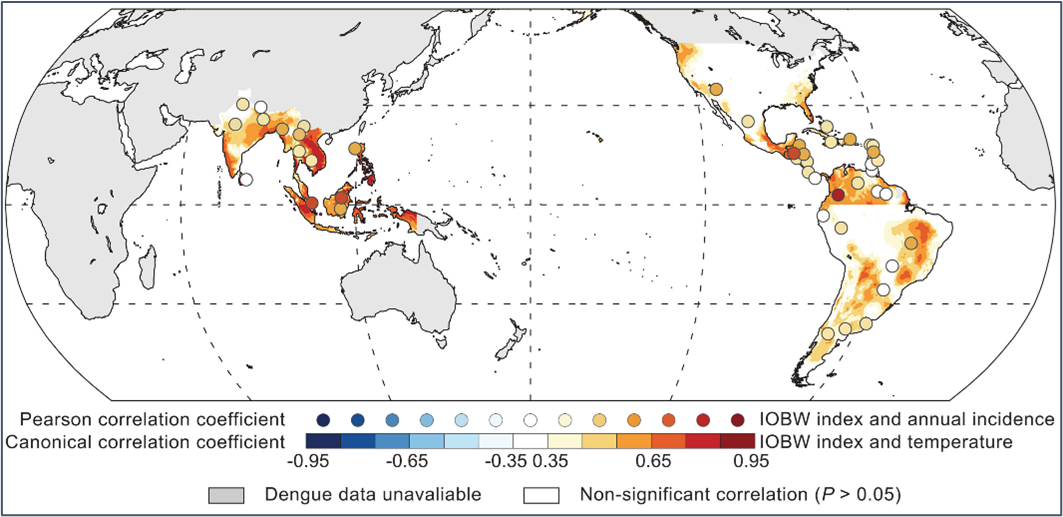PREVIOUS
Indian Ocean temperature and Dengue Intensity
May 14 , 2024
585 days
677
0
- Researchers have found a potential link between anomalies in sea-surface temperatures in Indian Ocean and the intensity of dengue epidemics globally.
- The link is likely due to its influence on regional temperatures through teleconnections, large-scale atmospheric patterns that can transfer heat and moisture across vast distances.
- Dengue is a viral infection transmitted through the bite of infected Aedes species mosquitoes.
- Before 1970, severe dengue outbreaks were only reported in nine countries.
- But now it affects nearly half of the world’s population, with an estimated 100–400 million infections occurring each year.

Leave a Reply
Your Comment is awaiting moderation.


